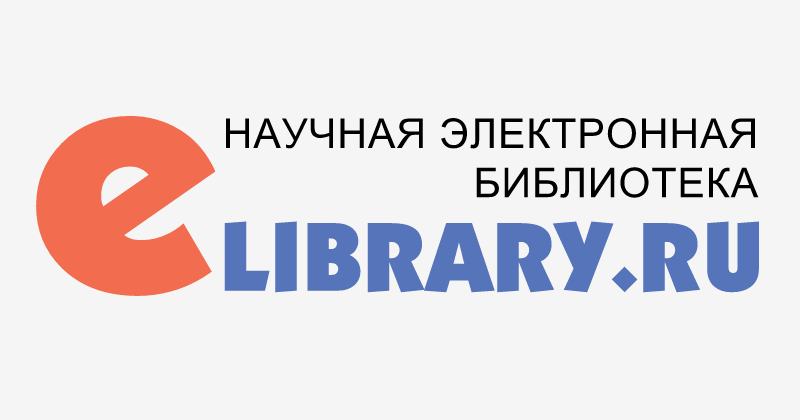Publishing Ethics
The editorial board, based on recommendations of the Committee on Ethics of scientific publications (https://publicationethics.org/) and the Elsevier Manual on Ethics of scientific publications (http://www.elsevier.com/editors/perk), follows these fundamental principles:
- When deciding on the publication of an article, the editorial board is guided by its scientific importance, originality and reliability of the data, and clarity of the text.
- The editorial board assesses the intellectual content of the manuscript, regardless of race, sex, religion, origin, nationality, social status or political preferences of the authors.
- Unpublished data, information or ideas obtained from the submitted manuscripts are kept confidential and not used for personal purposes and are not passed to third parties without the written permission of the author.
- Information that is plagiarism is not allowed for publication in the journal.
- The editorial board takes appropriate measures in the event of ethical claims concerning submitted manuscripts or published materials.
Reviewer performing expert evaluation follows these principles:
- The manuscript received for review, is regarded as a confidential document, which cannot be transferred for review or discussion to the third parties not authorized by the editorial board.
- The review is impartial. It is an objective and reasoned assessment of presented research results. It should contain motivated critical comments concerning the scientific quality of the research, clarity of the manuscript, its correspondence to the profile of the journal, novelty and reliability of results. Personal criticism of the author is not acceptable. Recommendations of reviewers are the basis for the final decision on the publication of the article.
- Unpublished data from submitted manuscripts for consideration are not used by the reviewer for personal purposes.
- The reviewer, who, in his opinion, does not have sufficient expertise to evaluate the manuscript or may not be objective (conflict of interest with the author), at his request, is excluded from the process of reviewing the manuscript.
The author (or group of authors) when preparing and submitting the manuscript follows these principles:
- The author is responsible for the novelty and reliability of research results. Knowingly false or falsified statements are unacceptable.
- The author guarantees the originality of the research results presented in the submitted manuscript.
- Unoriginal fragments or statements are obligatory indicated (author and source). Plagiarism in any form, including unregistered quote, paraphrase or assignment of rights to the results of other people’s research, is unacceptable.
- Only persons who have made a significant contribution to the idea of the article, development, implementation or interpretation of the research are indicated as co-authors; those who did not participate in it cannot be listed among co-authors. All authors approve the final version of the article and give their consent to its submission for publication, they are equally responsible for its content.
- The publication recognizes the contribution of all those who participated in the study or influenced it. The authors give references to publications that influenced the research. Privately obtained data could be used only with the written permission from the original source.
- Submission of the same manuscript at the same time to more than one journal, or submission of an already published article, is a violation of ethical standards and provides a basis for the withdrawal of the article.
- Detection of significant errors or inaccuracies in the article during the review process or after its publication should be immediately reported to the editorial board for correction.





